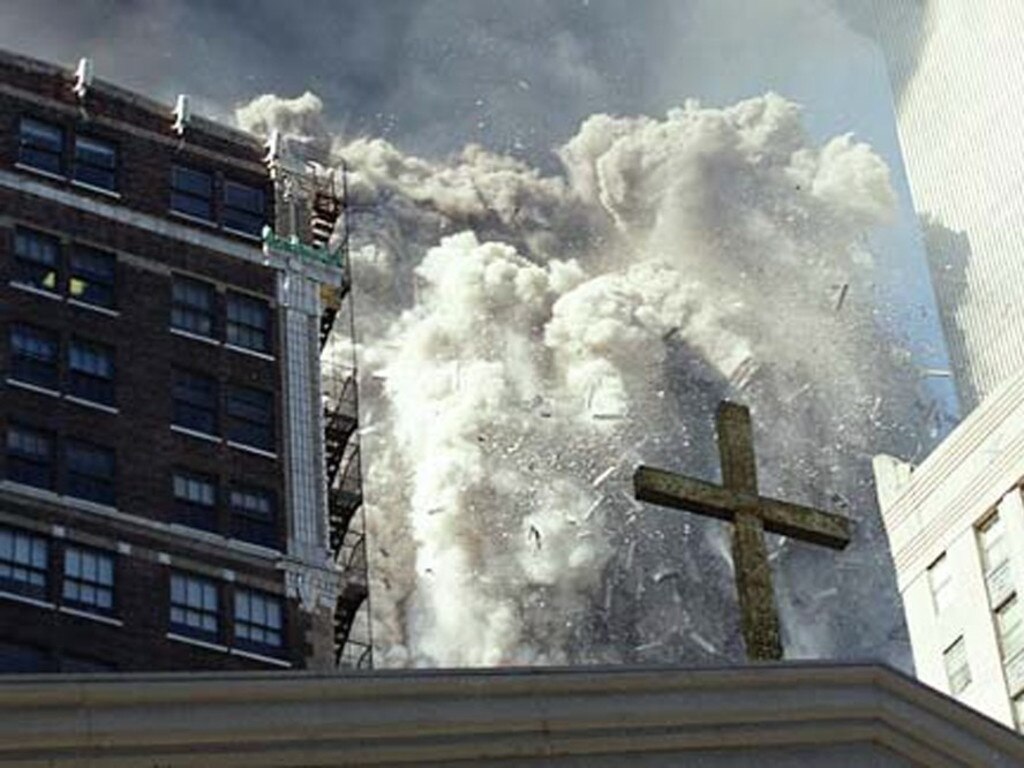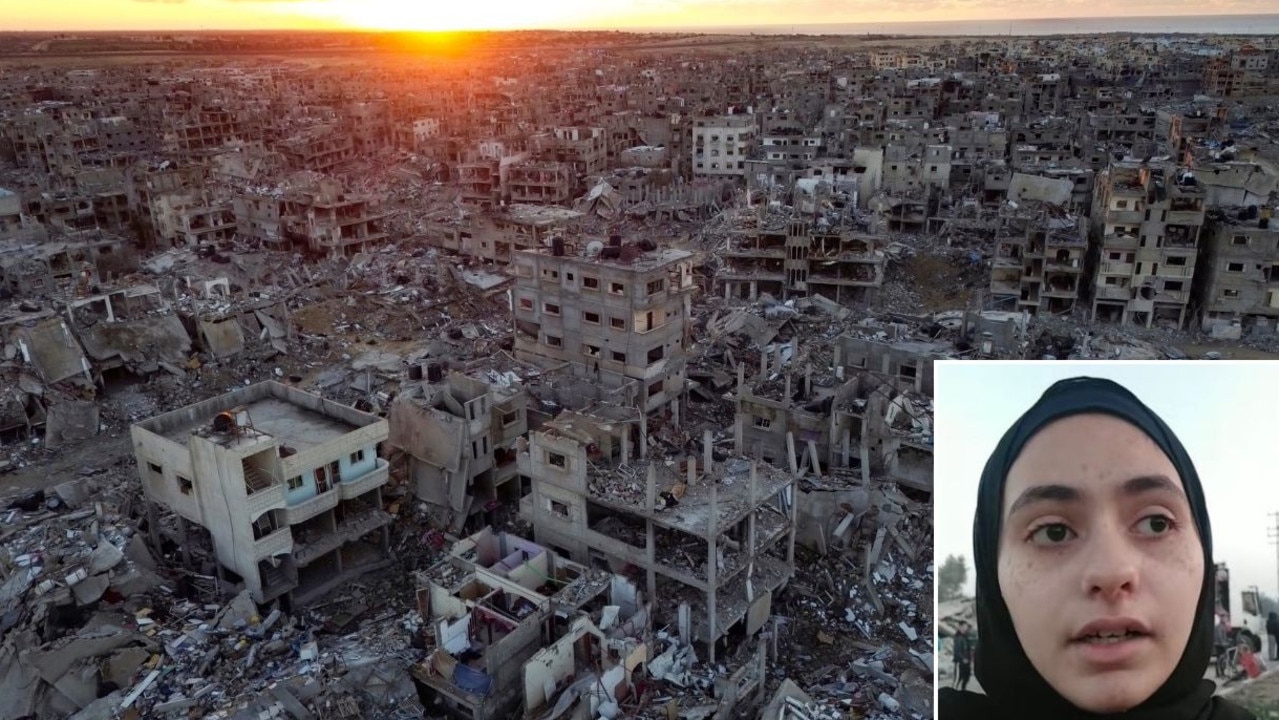Awful truth about 9/11: the terrorists won
The war on terror weakened America and cost far more in money, lives and foreign policy distractions than it gained.
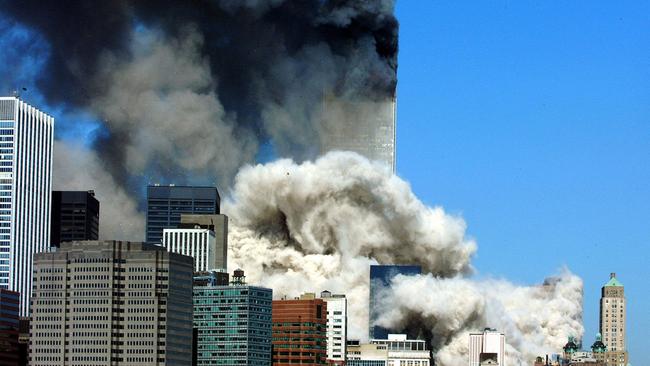
On a wall of the September 11 memorial in lower Manhattan, behind which lie the unidentified remains of many of the thousands who died in the Twin Towers, is an epitaph, wrought in shards of steel from the ruins of the World Trade Center. It reads: “No day shall erase you from the memory of time.”
The quotation is from Book Nine of Virgil’s Aeneid. Though the words are achingly poignant the choice of that particular phrase is controversial. In Virgil’s epic poem the object of the tribute are two of Aeneas’s most savage warriors, Nisus and Euryalus, who laid waste to their enemies in an orgy of carnage and were eventually killed for their brutality.
Those two figures from ancient mythology might well be considered prototype terrorists, closer in their taste for indiscriminate slaughter to the men who hijacked the planes that sunny day than to the innocent victims whose memory the monument is intended to render ineradicable.
But as the United States marks the 20th anniversary of the terrorist attacks, the haunting tribute may have proven unintentionally accurate. The names of the countless victims, and the shattered lives and loves they left behind, are largely forgotten now, except by those closest to them. But the event itself, the monstrous crime, lives on.
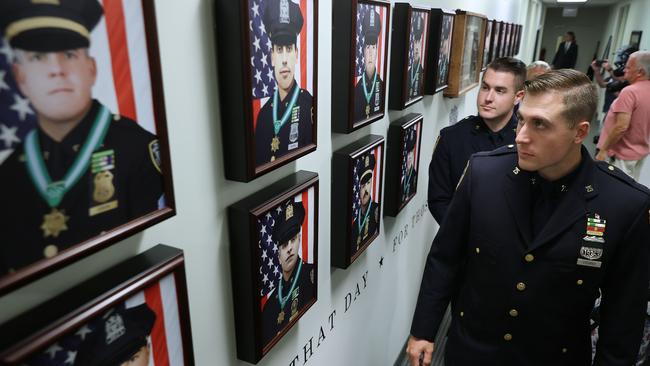
It can claim to have reordered the world in the succeeding two decades. The fanatical ideology that gave rise to it has been rebuffed but not defeated; some of its most extreme advocates, and the enablers of the 9/11 terrorists, have just triumphed in Afghanistan. The US, the country whose power it was intended to mock and destroy, has indeed been distracted, divided and weakened by the actions it took in response to the attacks.
It is not too bleak a view to say that, 20 years on, in the war on terror, the terrorists won.
The principal argument for the 20 years of military engagement in Afghanistan, Iraq and elsewhere is that it quelled further terrorist attacks.
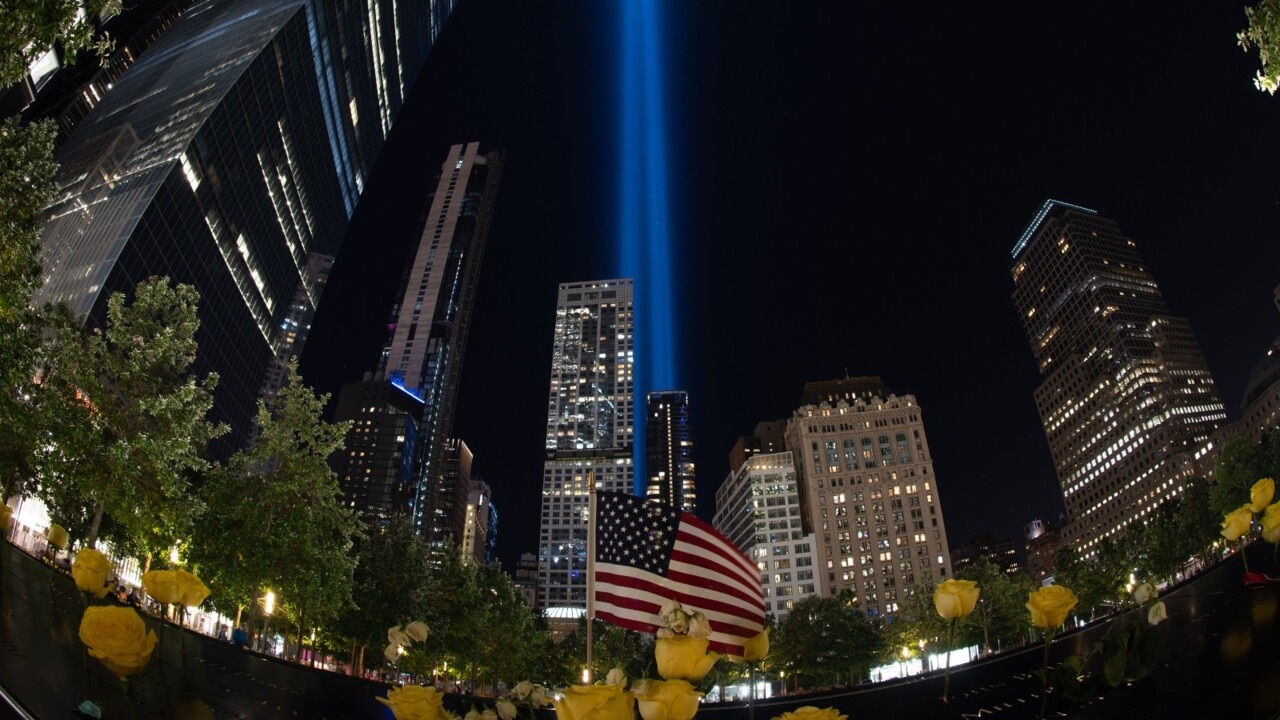
There has been no event since on anything like the scale of 9/11. It’s hard to recall now but in the weeks after, it was widely expected that the attacks had ushered in a new era of mass casualty terrorist warfare; with the added potential horror of the deployment of weapons of mass destruction. The ousting of the Taliban and the US and Nato presence in Afghanistan is credited with keeping Americans mostly safe for 20 years.
But after the initial rout of al-Qaeda and its supporters – an offensive no one would argue was futile – how much is the absence of another 9/11 owed to military action? Security at airports, public buildings and events has been dramatically increased since 2001. Intelligence gathering has been massively enhanced. The 9/11 attacks were successful in large part because they were a sucker punch to a complacent nation: a complacency which immediately gave way to a state of almost continuous alert.
More important, has the price of the war on terror been worth the gain? More than 7,000 US servicemen and women have died in Afghanistan and Iraq. It’s estimated a similar number of contractors and related personnel were killed too. That’s almost five 9/11s.
Then of course there are the more than 800 Britons lost, and hundreds from other allied countries, and all of this pales beside the hundreds of thousands of innocent Afghans and Iraqis and others killed in the past 20 years.
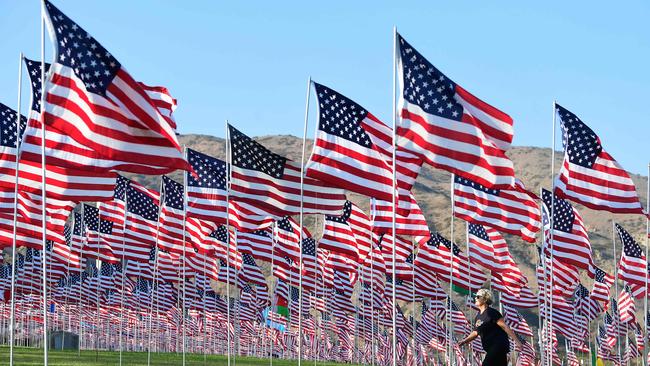
And while there may not have been another 9/11, there has been an almost endless succession of terrorist attacks large and small – all of them after the ousting of the Taliban in 2001: Madrid, London, Paris, Nice, and hundreds of smaller attacks, including dozens in the US itself.
It’s hard to argue that Islamist extremism has been fatally wounded by the long wars. The Taliban’s victory in time for the 20th anniversary is not just a cruel reminder of the continuing threat; it offers powerful incentive to its fellow ideologues who have been enduring players in the horror story of the past two decades: al-Qaeda, Isis, al-Shabaab, Isis-K.
Then there are the intangible costs – the wars have divided Americans among themselves and America from its allies. There are many reasons why the West is weaker than it was in 2001, but surely the frustrations and losses from the war on terror loom large.
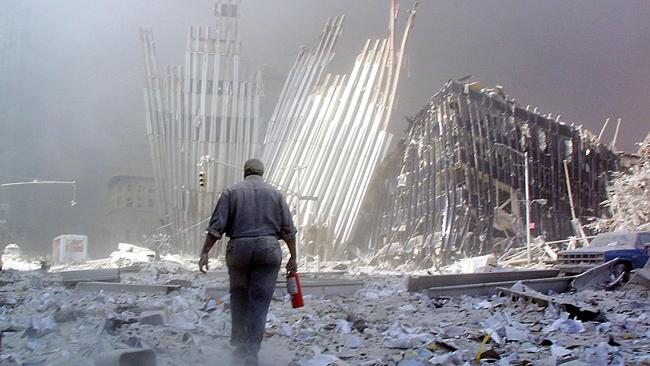
Perhaps even greater reason to doubt the strategy is the opportunity cost. It has dominated American foreign policy throughout the period: the US has spent an estimated $7 trillion prosecuting it. Meanwhile, the larger long-term security challenges to US power – from China especially, and Russia too – have been largely neglected.
Hindsight is perfect of course, and those of us who supported the war – and especially its disastrous extension to Iraq – have particular cause for humility.
But the first 20 years of the 21st century may come to be seen as a lost era when a distracted superpower went after an irritant that had humiliated it. It did so with a hubris born of the sense of superiority and invulnerability after victory in the Cold War and in the small hot wars of the 1990s. The irony is that invulnerability was already being pierced – not by Islamists with box cutters but by a rising China with Treasury bonds and semiconductors.
American hubris led to a bipartisan faith in a mythical idea that the US could rebuild the world in its own image. You don’t have to be a pessimist to look at the world 20 years later and observe how spectacular a failure that has been.
The Times



